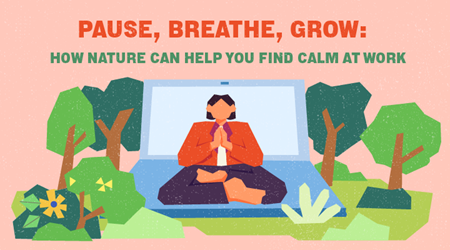Working Hard Or Hardly Living: Three Reasons To Set And Maintain Boundaries At Work
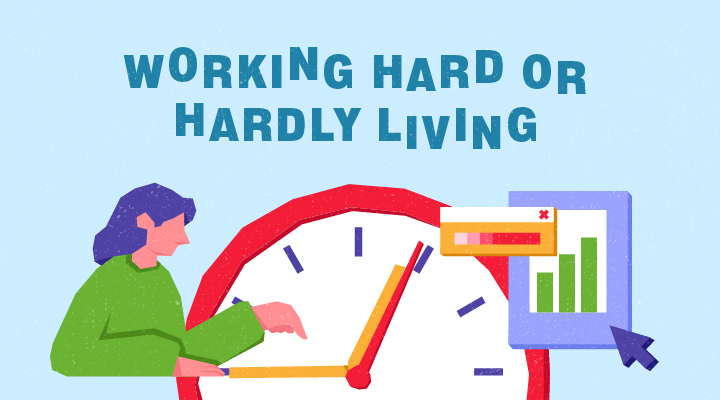
If you’ve ever hesitated to shut down your computer at 6 p.m., or felt a pang of guilt when booking your annual leave, you’re not alone. In many Asian cultures, hard work isn’t just encouraged—it’s expected. From a young age, we’re taught that success comes from relentless effort, and anything less can feel like slacking off.
Even when the workplace doesn’t demand long gruelling hours, the invisible weight of cultural norms and upbringing make it nearly impossible to switch off. And now, with technology making work accessible 24/7, that pressure has only intensified.
But here’s the truth: working non-stop doesn’t make you a better employee—it makes you a burned-out one. What if setting boundaries and reclaiming your time could actually make you more productive, creative, and fulfilled?
Let’s take a page from Gen Z’s drive for work-life balance and talk about why it’s time to break free from the guilt trap—and how doing less might just be the secret to achieving more.
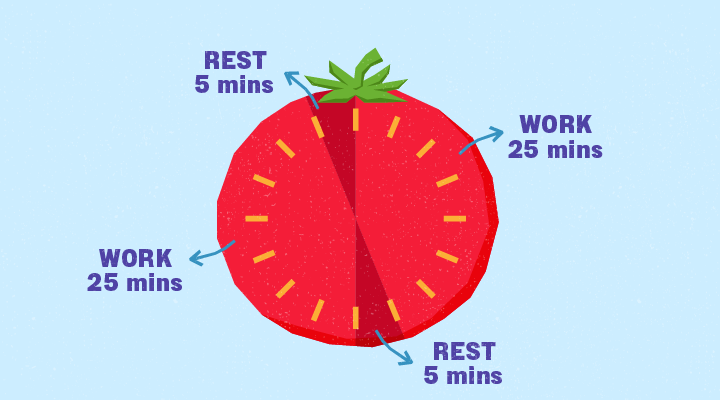
#1 Activating Deep Work Mode
From emails to alarms, many of us get pinged throughout the day. While we cannot stop the barrage of notifications, learning to tune out distractions can enable us to engage in "deep work", which is a state of concentration when work is done in a distraction-free manner.
In deep work, we are able to concentrate on difficult tasks and unlock solutions that we would not be able to if we were rushing to switch between multiple tasks. So, why not give it a go? You can start with the tried-and-tested Pomodoro Technique.
The Pomodoro Technique is a time management method that taps on 25-minute focus periods, followed by 5-minute breaks. After every four "Pomodoros", or work intervals, you can take a longer break of 15–30 minutes. By using this method, you break work down into manageable, focused intervals.
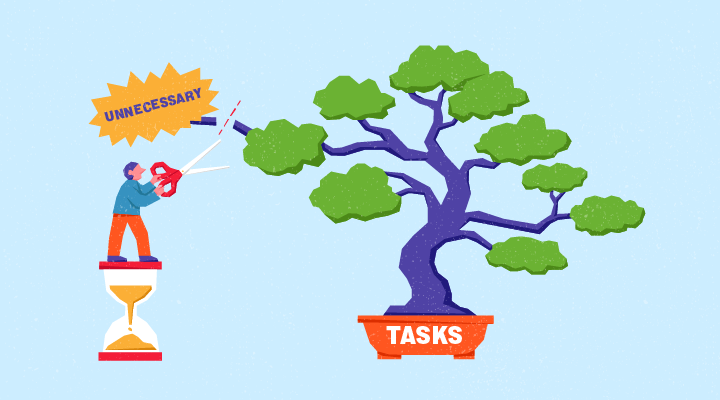
#2 Enhancing Productivity
Do you find yourself constantly stuck in meetings that run unnecessarily long? Or, do you often need to attend to requests from colleagues and supervisors? Meetings and emergencies are part and parcel of work, but continuous disruptions may derail your progress and prevent you from concentrating on your current task.
In such situations, it is important to set expectations upfront. If long meetings are taking you away from important and urgent tasks, and your presence is not crucial, you can inform the other meeting participants that you are unavailable. If your colleague’s request is not urgent, prioritise your own pressing deadlines.
By setting and maintaining these boundaries, you can focus on the tasks that matter. This will allow you to complete your work in a timely manner.
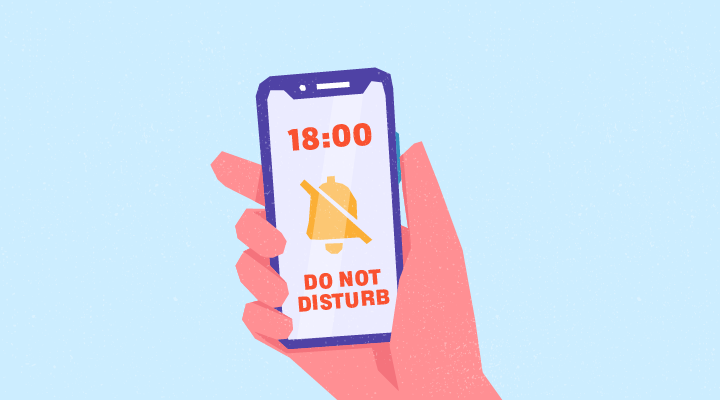
#3 Preventing Burnout
Taking breaks is crucial for your overall wellbeing. However, it may be difficult to feel like you’re rested when you’re working or thinking of work beyond office hours! As this emotional fatigue accumulates, you may find that work is coming at the expense of your physical and mental health, personal relationships, and leisure time.
If you can, aim to turn off or mute your work devices after working hours, especially if there are no urgent tasks. If you find that you are unable to complete a task within office hours, you can also offer alternative solutions or negotiate a more feasible timeline. This will give you time to catch your breath and work in a more sustainable manner.
Moreover, resting is not limited to your personal time. Taking short breaks throughout the workday can significantly benefit your mental health. These pauses also serve as transition periods for you to switch gears and mentally prepare for subsequent tasks.
But What If My Boundaries Upset Others?
We hear you. Setting boundaries can be a daunting task, especially if you’re not used to doing so.
At the end of the day, professional boundaries are meant to provide structure to your work. This will enable you to rest, rejuvenate your mind and body, and care for yourself in a way that benefits both you and those around you.
This also applies to your personal life. If you find that you are too exhausted to engage in social activities, it’s perfectly acceptable to postpone or decline. Remember, setting boundaries is not selfish. It is simply the act of defining realistic parameters for you to be present in a fulfilling way, at work or in social situations.
- POSTED ON
Apr 3, 2025






